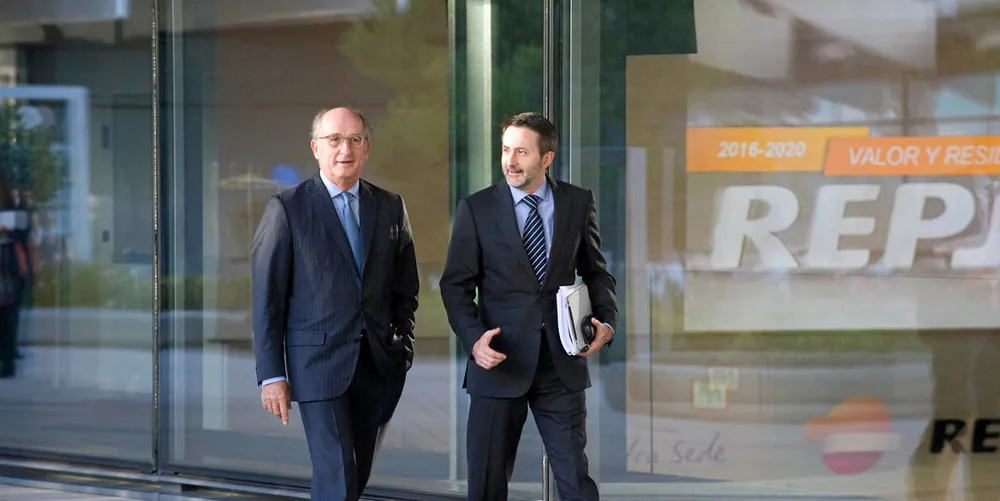'Fully committed to energy transition' | Oil firm Repsol's renewables profits rise as green fleet grows
Spanish oil firm last year boosts green power capacity and investment targets while it brings large wind and solar projects online

Spanish oil firm last year boosts green power capacity and investment targets while it brings large wind and solar projects online
